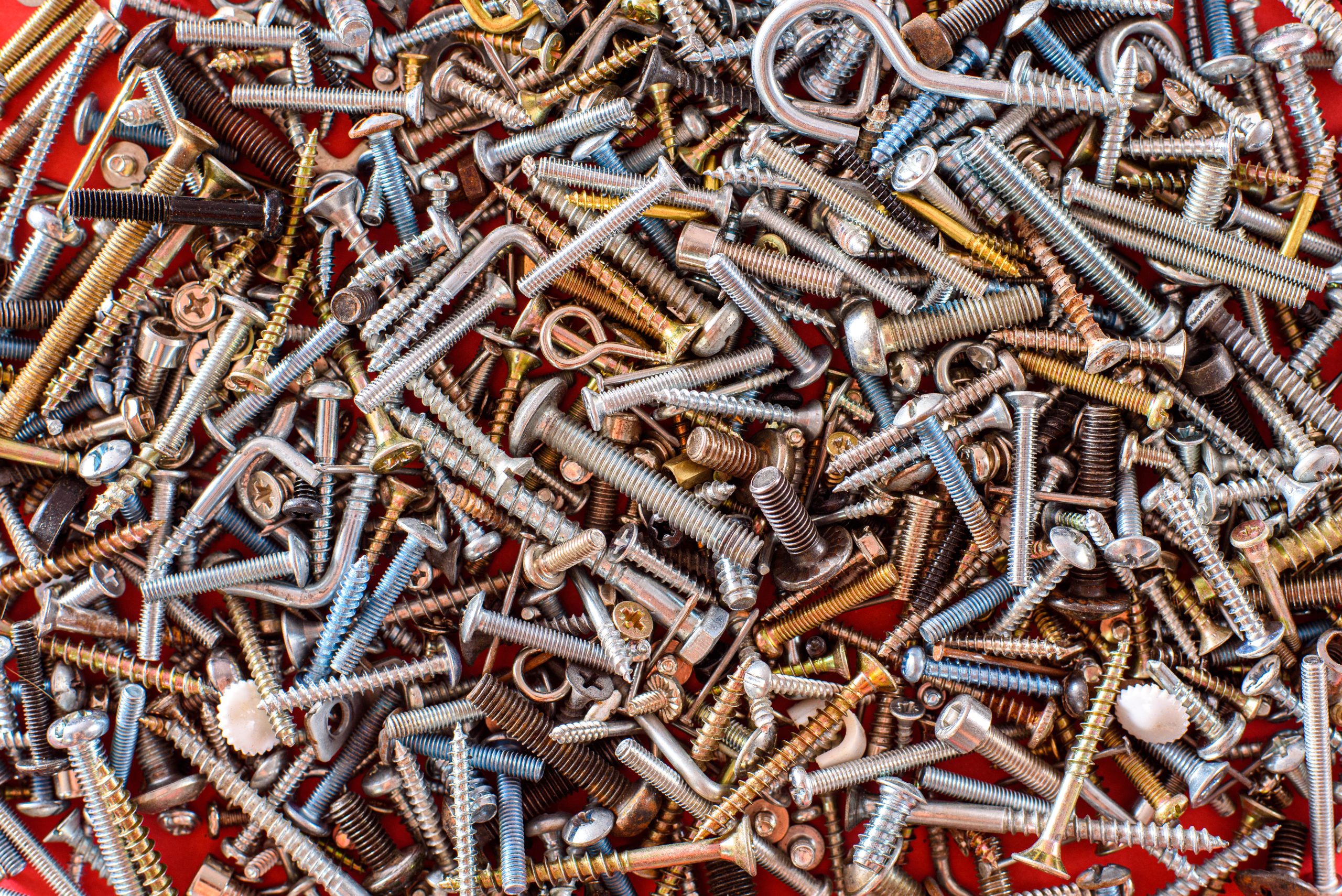
As an alloy, the mixture of metals that make up steel plays an integral role in defining its characteristics. Because the amount of carbon in an alloy can vary greatly, steel is often classified by its carbon content. Let’s dive into the common types of steel and how carbon affects its properties.
The first category of steel is low alloy steel, often referred to as carbon steel. These alloys are primarily made from iron with small amounts of carbon and manganese and smaller amounts of phosphorus, as such, they are considered to be ferrous alloys. Low alloy steel can be divided further by their carbon content:
Low Carbon Steel: Steels with between 0.04% and 0.3% carbon. Of all carbon steel, low carbon has the lowest hardenability. These low-cost alloys are also valued for their flexibility and machinability.
Medium Carbon Steel: Steels with between 0.3% and 0.7% carbon content. This type of steel can achieve good hardenability with heat treatment.
High Carbon Steel: Steels with between 0.7% and 1.7% carbon. Fasteners made from this type of carbon have greater wear resistance and strength than low and medium carbon steels since high carbon steel has better hardenability. At the same time, the flexibility is reduced. Often, knives, springs, and railroad tracks will be made from high carbon steel.
Cast Iron: Steels with 1.7% to 4.0% carbon, making them the steels with the highest carbon content.
The other category of steel is high alloy steel, sometimes called alloy steel. Like low alloy steel, these metals are ferrous alloys that contain carbon, plus other elements that add additional properties to the metal. Alloying elements may include silicon, titanium, vanadium, chromium, manganese, nickel, copper, and molybdenum, among many others. High alloy steel can be differentiated further based on carbon content:
Tool: Alloy steel with 1.0% to 2.9% carbon content.
Stainless: Steel with 0.2% to 2.1% carbon.
When it comes to fasteners, stainless steel fasteners are made from high alloy steel with high chromium and nickel content. This is because chromium provides desirable corrosion resistance. When stainless steel fasteners undergo the passivation process, iron from the fastener’s surface is removed and replaced with chromic oxide molecules. This layer of chromic oxide creates a protective layer that prevents the component from rusting.
Understanding the components of a steel alloy can help you understand the properties of that metal and whether it may be suited for your intended application. Generally, high carbon content produces steel that is harder and stronger but has lower ductility.
Fortunately, the fastener experts at OneMonroe EFI can help you choose the right steel fasteners for any application. Contact us today to learn more about our products.

